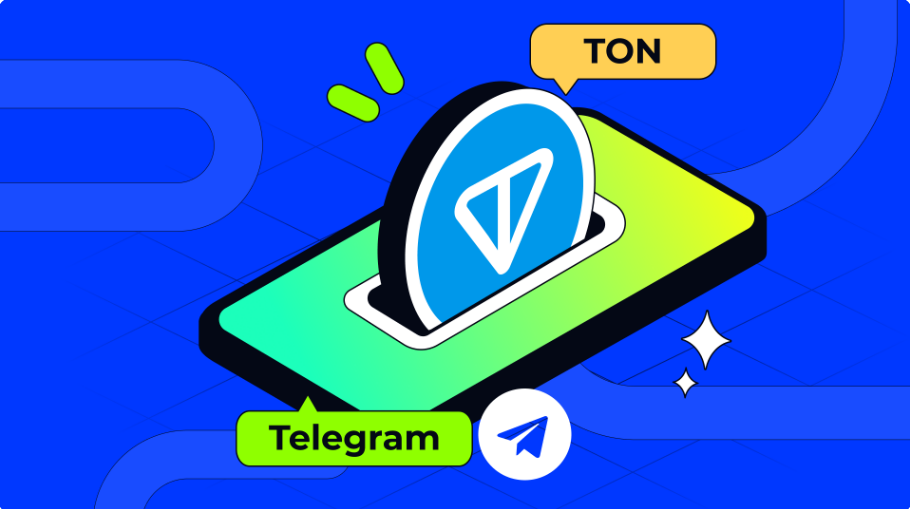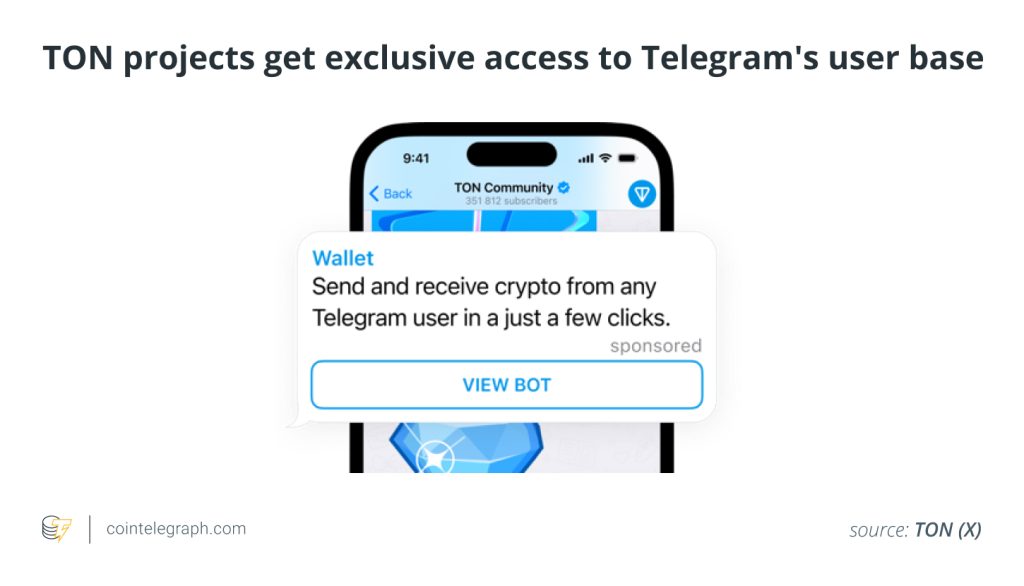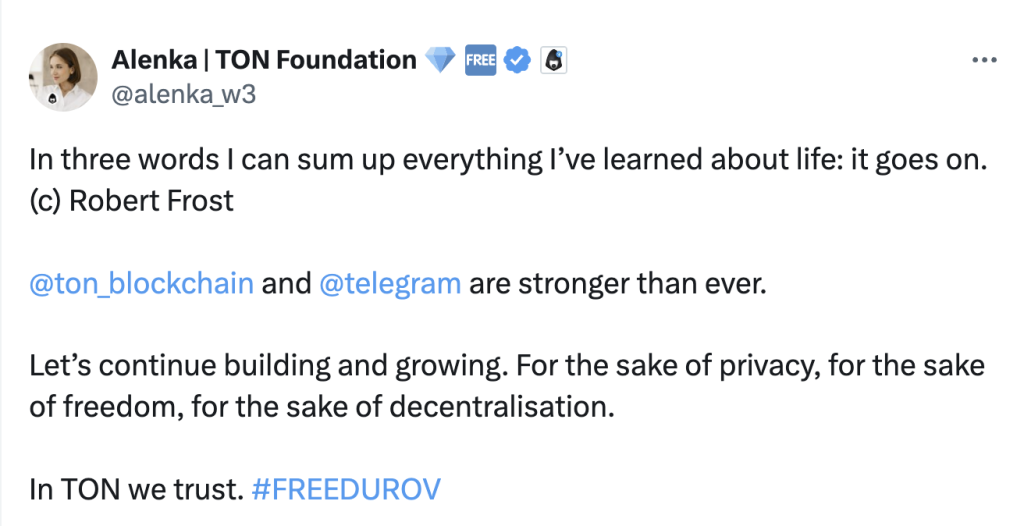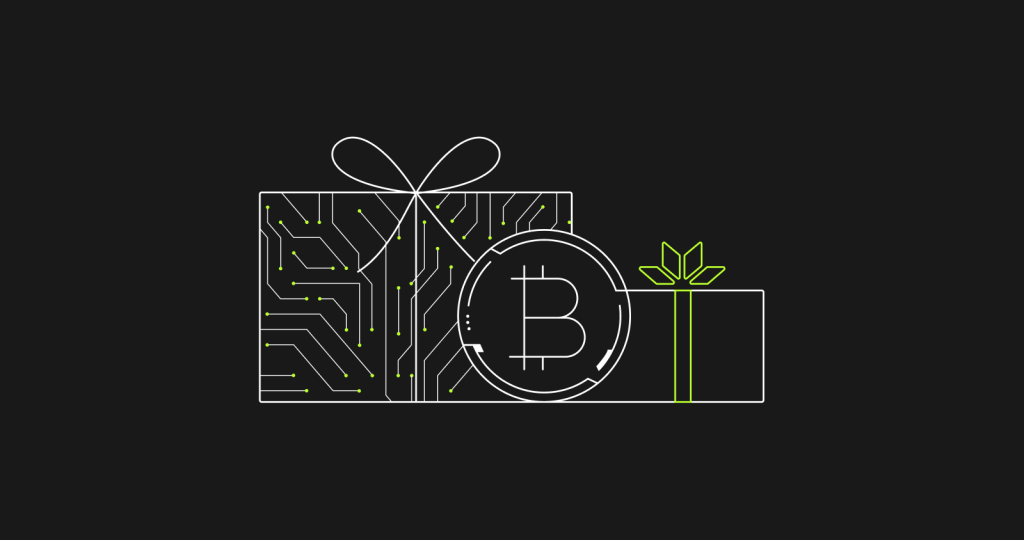Trust Wallet partners with TON for further blockchain adoption

Trust Wallet’s collaboration with The Open Network aims to leverage Telegram’s user base to enhance GameFi and DApps integration, promising seamless TON token transactions.

Update July 30, 7.55 am UTC: This article has been updated to include comments from Trust Wallet’s Nate Zou.
Trust Wallet, a self-custody Web3 wallet provider, has partnered with The Open Network (TON) to increase the adoption of blockchain technology.
Through the collaboration, Trust Wallet will be able to tap Telegram’s user base to focus more heavily on gaming finance (GameFi) and decentralized applications (DApps).
According to a press release shared with Cointelegraph, the integration will allow the Web3 wallet provider to offer its 100 million users the ability to send and receive Toncoin (TON) tokens.
In a written Q&A with Cointelegraph, Nate Zou, head of product at Trust Wallet, explained that the wallet provider plans to “provide more access to [the] Ton ecosystem” for users.
“For example, single chain and cross-chain swaps and potentially supporting TON NFTs.”
Related: Open sourcing lets developers explore beyond initial ideas: Trust Wallet
Functionality and integration
The integration promises to improve how users interact with TON’s blockchain technology and plans to enable TonKeeper wallet imports into Trust Wallet “in the coming weeks.”
The wallet provider also plans to add further functionality “in the coming months” with the integration of TON Connect and TON DApps.
According to the press release, Nate Zou, head of product at Trust Wallet, explained that the partnership was a “natural progression” for the firm.
“Our values have always been aligned with TON’s community-driven and user-friendly approach.”
Related: ‘Disable iMessages’ ASAP to avoid crypto zero-day exploit: Trust Wallet
Trust Wallet pro open-source solution
On May 29, the Web3 wallet provider released an open-source solution called Barz, an ERC-4337-compatible smart wallet.
The solution was released to help developers bypass wallet challenges and limitations to further blockchain and Web3 adoption through account recovery, flexible key management and signature migration.
Luis Ocegueda, head of engineering at Trust Wallet, explained that “open source gives other developers a chance to do things that we may or may never had even an idea that can do.”
Related: Ledger CEO explains what makes a wallet secure as Ledger Flex launches
Wallet security — Ledger CEO
On July 26, Ledger announced its new touchscreen wallet, and Pascal Gauthier, the firm’s CEO, sent Cointelegraph a statement stating the three aspects required for wallet security.
Gauthier explained that wallets require a secure element chip for private key security and storage, a secure operating system and a secure screen driven by a secure element.
The wallet provider’s CEO explained that this newest wallet ticks “all three boxes” and described all other touchscreen devices as not secure without screens “powered by the secure element chip.”






Responses